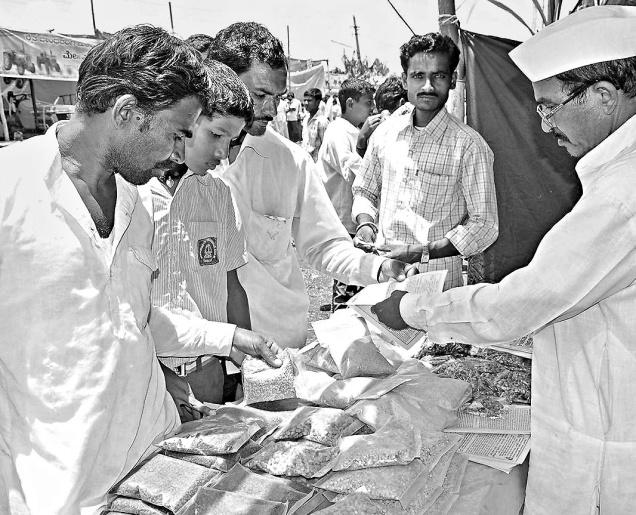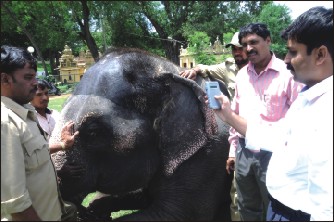Hubballi :
Streetside Chinese snack makers would struggle to find red cabbage, which is not grown in the district, and the cost of the leaf flower is high, too, because it would be imported from neighbouring districts and states.
To cover this deficit, local farmers are beginning to grow red cabbage, having discovered that it is lucrative. There are other such crops, too, which are attractively priced. Snack stalls use red cabbage extensively to garnish Chinese dishes like gobi manchurian, noodles and salads, and in its absence, looked for alternatives.
Anitha Golappanavar, a resident of Managundi of Dharwad, has taken up cultivation of this infrequently grown vegetable, with technical aid from the horticulture department. “I studied the marketing strategy of red cabbage and learnt the mechanisms of growing it with their assistance. It can be easily grown as we grow common cabbage in the Dharwad climate,” she said.
She added that it has limited marketing network, so she found a way to market it online, because it has a good market in Mumbai, Mangaluru and Delhi. “I was inspired by a documentary on a private TV channel and got information on the internet. It’s an experiment in our land; my husband is also an employee of the horticulture department, and technically supported me to grow it with drip irrigation. The seeds were brought from Mysuru.”
Arun, food manager at Denissons Hotel, said red cabbage is used for garnishing salads and snacks, and is costlier than the regular green-white cabbage. “We used to bring them from Bengaluru, Belagavi and other parts of the state. If it’s available in the local market, it is helpful for us, especially street vendors,” he said.
Saralamma, senior assistant director of the horticulture department, said details of the grower and supplier, contractor and user of the flower are easily available on websites. The crop could a get good a price in the market and the climate of the district is suitable for growing it, too.
source: http://www.timesofindia.indiatime.com / The Times of India / News Home> City> Hubballi / TNN, September 07th, 2015




